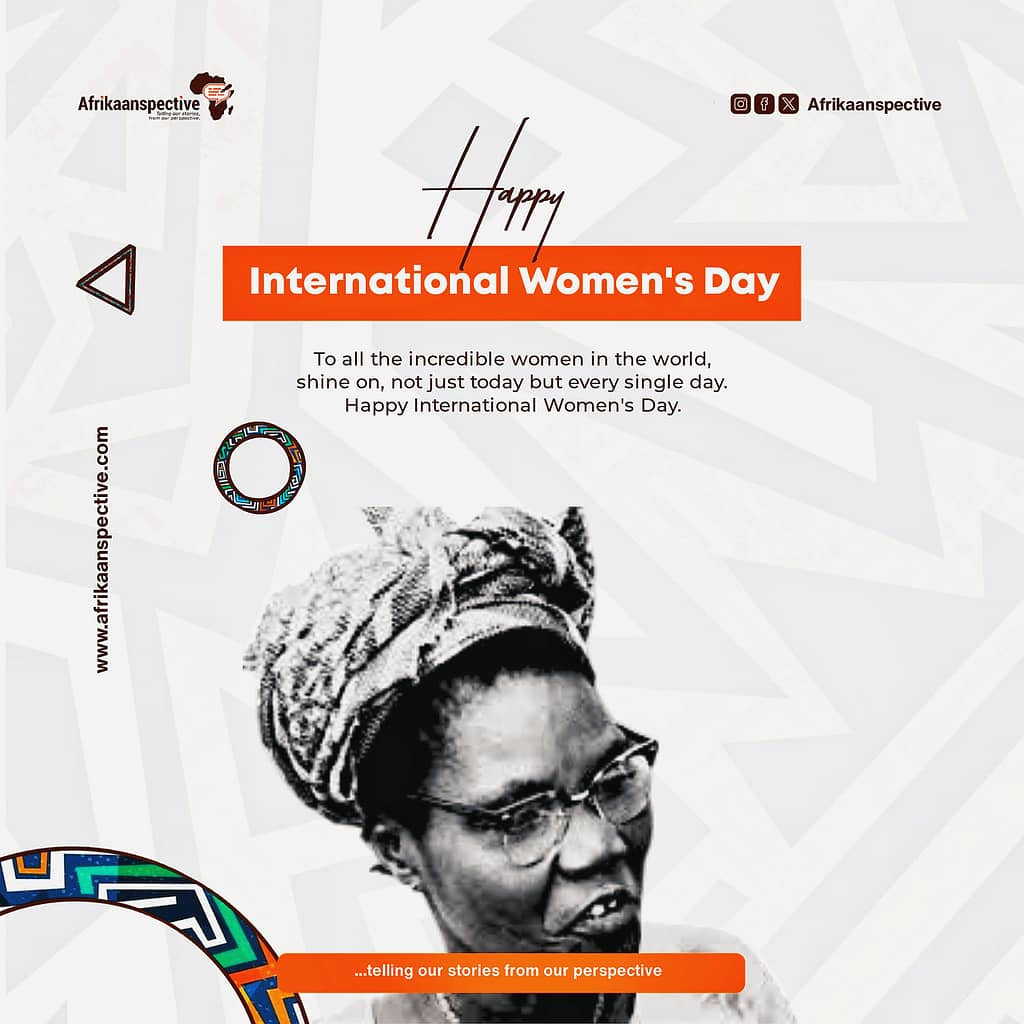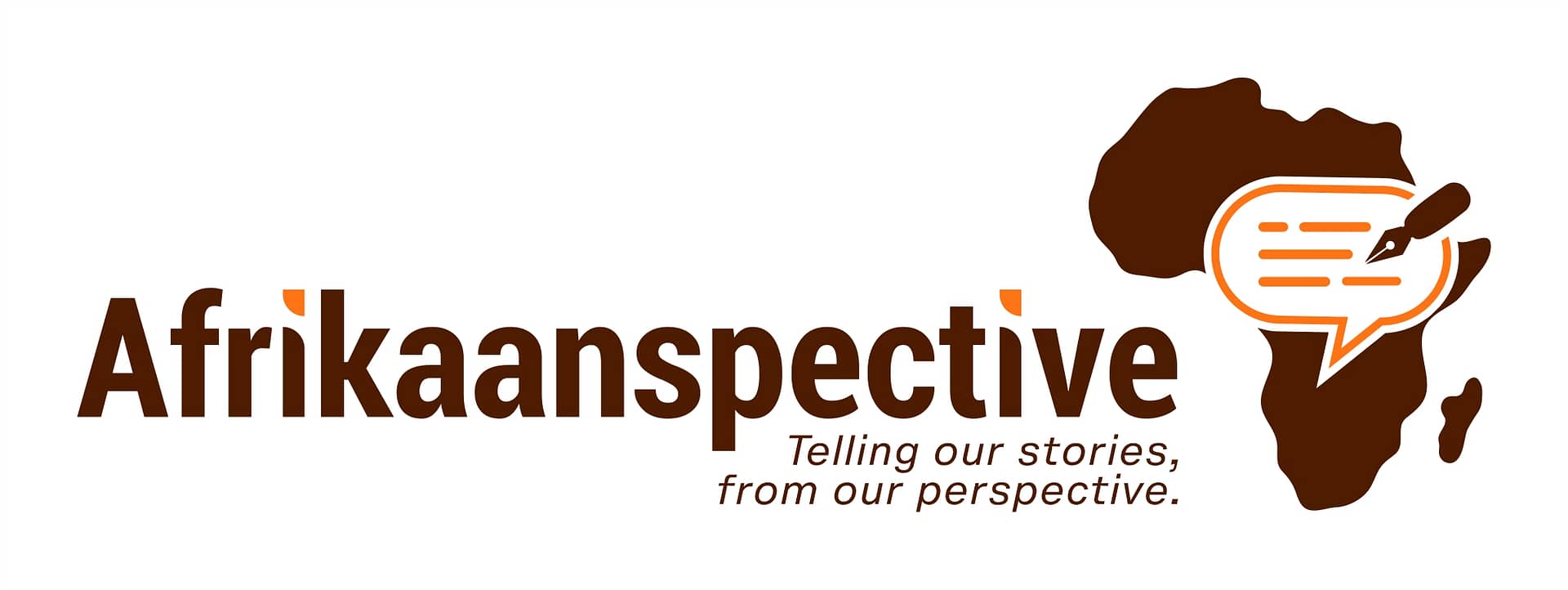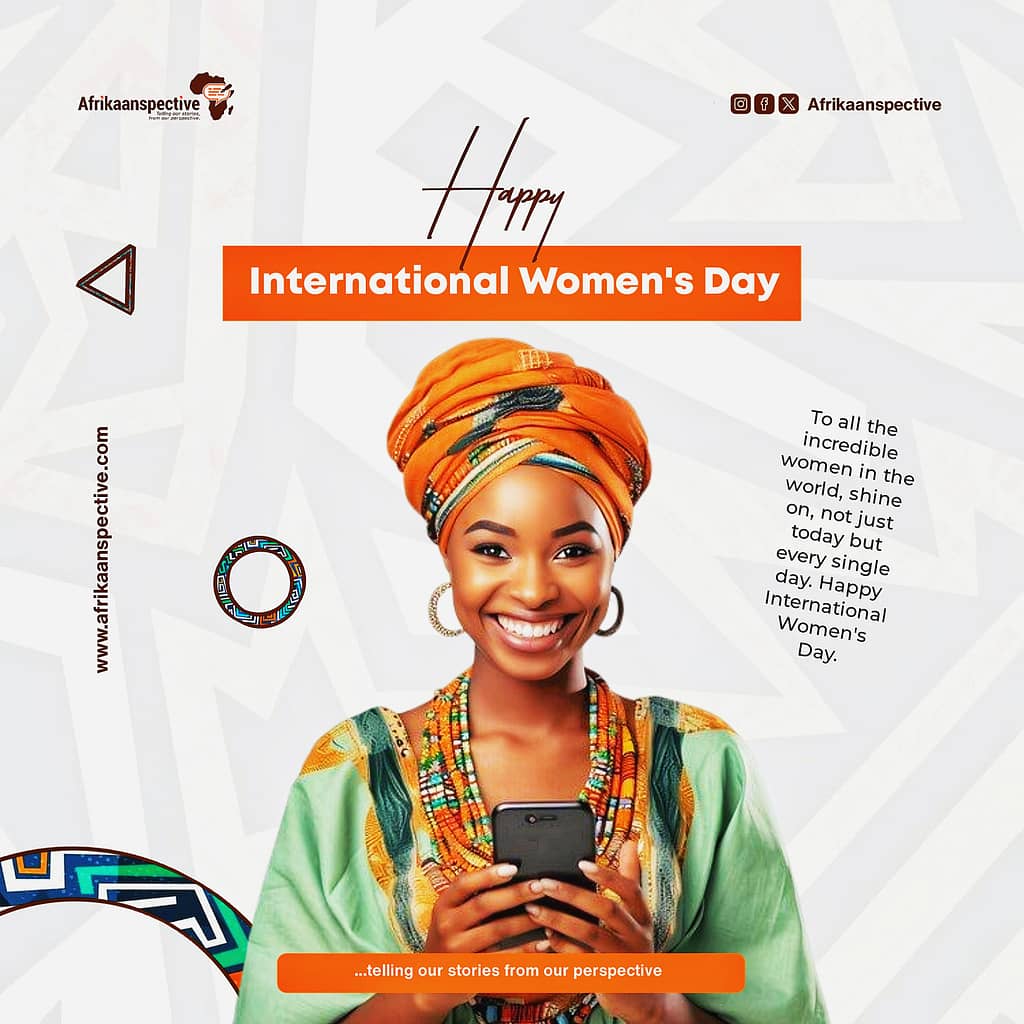Every year on March 8, the world celebrates International Women’s Day (IWD) to recognize the achievements of women and advocate for gender equality.
In Africa, this day holds special significance as women continue to break barriers in politics, business, education, family and activism while still facing deep-rooted challenges.
Across the continent, women are leading revolutions, in politics, business, education, and activism. They are entrepreneurs, scientists, presidents, and community changemakers. Yet, challenges like gender-based violence, economic disparity, and deep-rooted cultural biases continue to stand in their way.
So, where do we stand today? What progress has been made? What still needs to change? Let’s dive in.
AFRICAN WOMEN: THE BACKBONE OF A CONTINENT
African women have always played a pivotal role in their societies, from pre-colonial times to the modern era.
Think about it, who keeps the economy running? Who raises the next generation of children while building businesses and fighting for equal rights? Who keeps the family sane? African women.
1. BREAKING BARRIERS IN LEADERSHIP
Gone are the days when African politics was a boys’ club. Women are redefining leadership, from grassroots activism to presidential offices.
- Rwanda leads the world with women holding over 60% of parliamentary seats.
- Ellen Johnson Sirleaf became the first female president in Africa, proving that women belong at the top.
- Women are increasingly taking up ministerial, ambassadorial, and corporate executive positions across the continent.
But let’s be real, many women still face systemic resistance, stereotypes, and lack of opportunities when stepping into leadership roles.
2. POWERING AFRICA’S ECONOMY
African women aren’t just working; they’re running the economy. According to the World Bank, women own 58% of businesses in Africa, one of the highest rates in the world!
From bustling markets to corporate boardrooms, women are driving economic transformation. Yet, limited access to financing and gender discrimination in business remain major barriers.
3. TRANSFORMING EDUCATION & SOCIETY
Education is one of the biggest game-changers for African women. Thanks to government policies and advocacy groups, more girls are going to school, entering STEM careers, and leading social change.
- Malala Yousafzai continues to push for girls’ education across Africa.
- Chimamanda Ngozi Adichie uses literature to challenge gender norms.
- Women are entering fields like science, engineering, medicine, and tech, once dominated by men.
Yet, millions of girls in rural areas still lack access to education due to poverty, child marriage, and cultural norms.

THE WINS: WHAT WE’RE CELEBRATING
1. More Women in Politics
– Rwanda has the highest percentage of women in parliament.
– More African countries are implementing gender quotas in leadership.
– Women are running for office and winning at local, national, and international levels.
2. Thriving Female Entrepreneurs
– African women own more than half of the continent’s businesses.
– Women-led startups are gaining global recognition and investment.
– Governments are launching financial support programs for female entrepreneurs.
3. Legal Reforms for Gender Equality
– South Africa, Kenya, and Nigeria have strengthened domestic violence laws.
– Some African nations have banned child marriage and female genital mutilation (FGM).
– Women’s rights organizations are gaining more power in shaping policies.
THE HARD TRUTH: WHAT’S HOLDING AFRICAN WOMEN BACK?
Let’s not sugarcoat it, while progress has been made, there’s still a long road ahead.
1. Gender-Based Violence
– High rates of domestic violence, rape, and child marriage are still major concerns.
– Some legal systems fail to protect women adequately.
– Social stigma often discourages victims from seeking justice.
2. Economic Inequality
– Many women work in informal sectors with little job security.
– Female entrepreneurs struggle with limited access to loans and investments.
3. Limited Access to Healthcare
– Maternal mortality rates in Africa remain among the highest in the world.
– Reproductive health services are often inaccessible in rural areas.
– Lack of education on women’s health affects decision-making and well-being.
4. Cultural and Social Barriers
– Traditional gender roles still restrict women in some communities.
– Education is often prioritized for boys over girls.
– Women in leadership still face stereotypes and resistance.
THE ROLE OF MEN AND SOCIETY IN GENDER EQUALITY
Let’s be clear, gender equality is not just a “women’s issue”.
African men, from fathers to business leaders, play a huge role in driving change. Here’s how:
– Fathers should educate daughters as much as sons.
– Men must speak out against gender-based violence, not stay silent.
– Governments and businesses must enforce equal pay policies.
THE WAY FORWARD: WHAT NEEDS TO CHANGE?
1. Strengthen Education for Girls
– Make education free and accessible for all girls.
– Provide scholarships for women in STEM fields.
2. Economic Empowerment
– Women need greater access to business funding and investment.
– Governments should enforce equal pay policies.
3. End Gender-Based Violence
– Enforce stricter laws against domestic violence.
– Build more safe spaces and support centers for survivors.
4. Change Cultural Norms
– Encourage female representation in media and leadership.
– Challenge outdated gender stereotypes in communities.
THE FUTURE OF AFRICAN WOMEN
African women are no longer asking for change, they’re creating it. From presidents to market vendors, from CEOs to farmers, women are shaping Africa’s future every single day.
This International Women’s Day, let’s celebrate the wins, acknowledge the struggles, and commit to a future where every African woman and girl has the opportunity to thrive.
To all the fearless, hardworking, and resilient women in Africa, your time is now.



1 Comment
I am really inspired with your writing abilities as well as with the format in your weblog. Is this a paid subject or did you customize it your self? Either way stay up the excellent quality writing, it’s rare to look a nice weblog like this one nowadays!